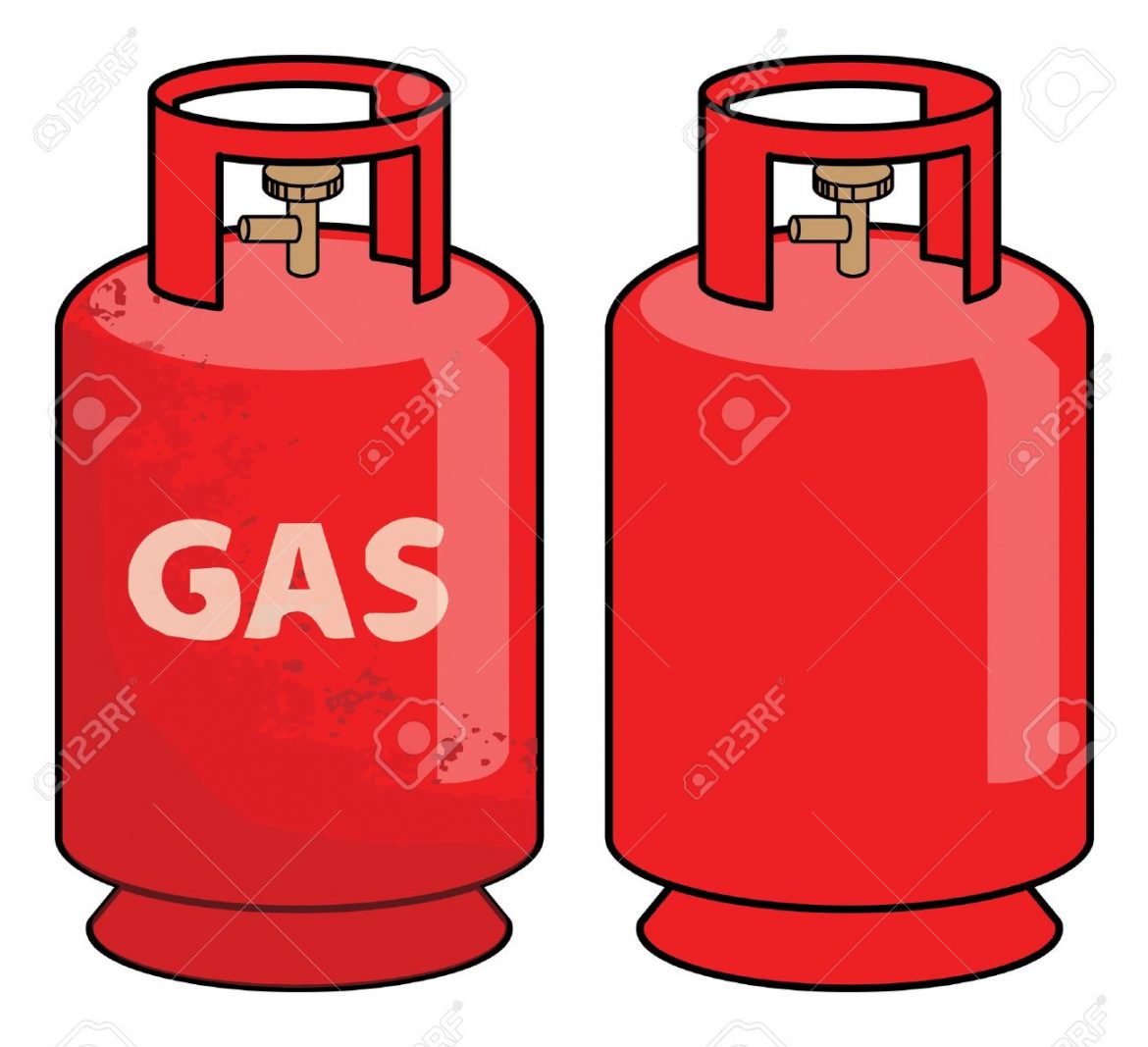Nigerian Bottling Company said on Thursday that the cost of purchasing diesel for production was eating deep into its profit margin.
The NBC, bottlers of Coca Cola, said it resulted to buying diesel after the supply of gas fell from 20.3 million cubic feet in June 2007 to zero in February 2016.
The non-availability of gas has resulted in regular procurement of diesel since February this year, which the company said cost five times more than the price of gas.
The NBC Plant Manager, Remi Bodunrin, told our correspondent, “For many years, we enjoyed 80 to 90 per cent supply of gas until the downward trend started in February; then it became zero in a matter of days. As I speak to you, gas supply is currently zero.
“Since the development arose, we have had to rely on diesel as against gas, which is on a 5:1 ratio in cost. What this implies is that our profit margin is taking a slide and this no doubt portends danger for our operations in the country.
“The cost of diesel per unit of energy is greater than the cost of gas per unit of energy. The cost of manufacturing a diesel-generating infrastructure is higher than that of maintaining gas. When you add this together, overall, the cost of diesel is higher than the cost of gas manufacturing.”
Although the NBC plant manager did not state specific amount spent on diesel purchase, it gathered that the figure had run into billions of naira and was happening at a time the company had completed tax payment for eight years.
“We have paid taxes of over N40bn to the federal, state and local governments in the last seven to eight years,” the company’s Corporate Communications Manager, Akomen Omijeh, said.
Omijeh had earlier told journalists at a media parley in Lagos that despite the company’s operating expenditure on diesel, it had continued to fund its 51 distribution depots.
“We all know that water is very essential to our business. Despite the challenges, we have continued to ensure that there is water; 80 per cent of our product is all about water,” he added.
Due to inconsistency in power supply to industrial clusters, it was gathered that indigenous manufacturers had resuscitated the abandoned Independent Power Projects.
The manufacturers started the IPP project in 2006 and abandoned it in 2013 when the defunct Power Holding Company of Nigeria gave an assurance that electricity supply would improve.
But power supply to industrial zones has gone from bad to worse, prompting manufacturers to revive the project by signing an agreement with foreign companies.
“We are right resuscitating the project and very soon, we will sign a Memorandum of Understanding with foreign companies that will help in building it. And this will be mostly for our clusters, that is, areas where we have most of our companies,” the President, Manufacturers Association of Nigeria, Dr. Frank Jacobs, said.




